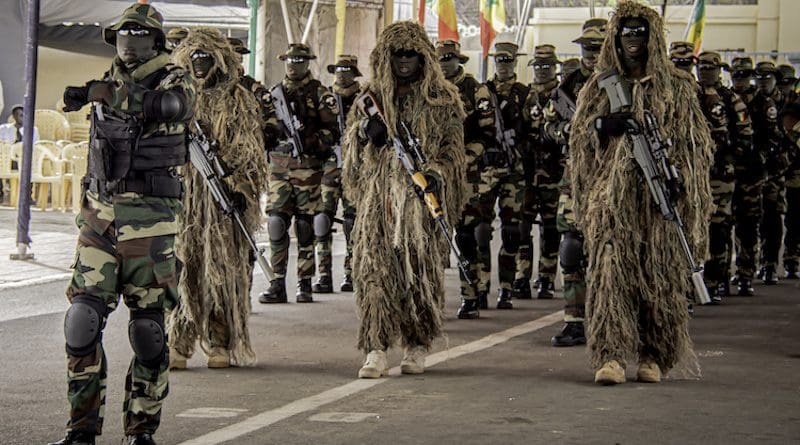Bandits Constrain Nigeria’s Return Of ‘Africom’
By IDN
By Lisa Vives*
Early Pentagon plans for a US military command based in Africa were once firmly rejected by almost every country on the continent. African governments were reluctant to associate themselves with America’s “war on terror” and fearful of US intervention.
Libya and Algeria both refused to host the combatant command. Even Morocco considered Washington’s closest North African ally, rejected the idea, saying it would not welcome a permanent military presence on its soil.
“We’ve got a big image problem down there,” a State Department official admitted. “Public opinion is really against getting into bed with the US. They just don’t trust us.”
But things have dramatically changed since then. At a virtual meeting this month with the U.S. Secretary of State, Antony Blinken, Nigerian president Muhammadu Buhari brought up the once-reviled Africom command centre and urged that it be returned to Africa considering the fast deteriorating security situation across West Africa and Nigeria in particular.
Armed gangs now swarm through the northeast region, kidnapping young school students for hefty ransoms, while the Boko Haram insurgent movement has extended its range of operations to Niger, Cameroon and Chad. The “bandits” have displaced thousands of residents and killed thousands of soldiers and civilians.
Three U.S. regional commands based in Stuttgart, Germany, currently share responsibility for American security issues in Africa. According to domestic policy advisor Susan Rice, “Africa was the poor stepchild in each of these different commands and did not get the full attention it deserves.”
Still, if opposition to Africom is now muted, it has not gone away. Former Nigerian Senator Shehu Sani, an outspoken critic of the United States, called Buhari’s about face “an open invitation for the recolonization of Africa.” In his view, Nigeria should seek only “technical assistance.”
Further, should the AFRICOM headquarters move, it is unlikely—if not impossible—that it would be to Africa with its logistical challenges. Some in the US Congress support moving Africom’s headquarters to the US as a cost-effective alternative. South Carolina’s senators, both Republican, have advocated moving it to Charleston, the site of large US military installations.
Also, in Nigeria, a coalition of over 120 civil society organizations and activists has announced a series of mass actions nationwide on May 26, and a boycott of Democracy Day on June 12 to register their frustration with the state of insecurity in the country.
The Catholic Bishops’ Conference has also issued a statement sounding alarm over the survival of the nation. Nigerians must rededicate themselves to the “Nigeria project”—building a multi-ethnic, democratic society, the Conference urged in their recent statement.

